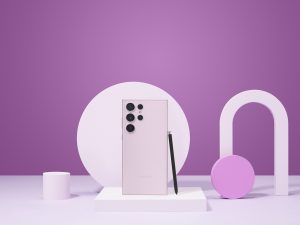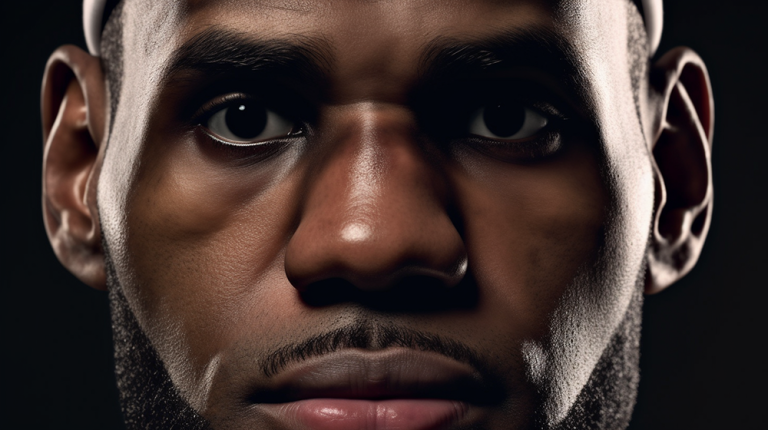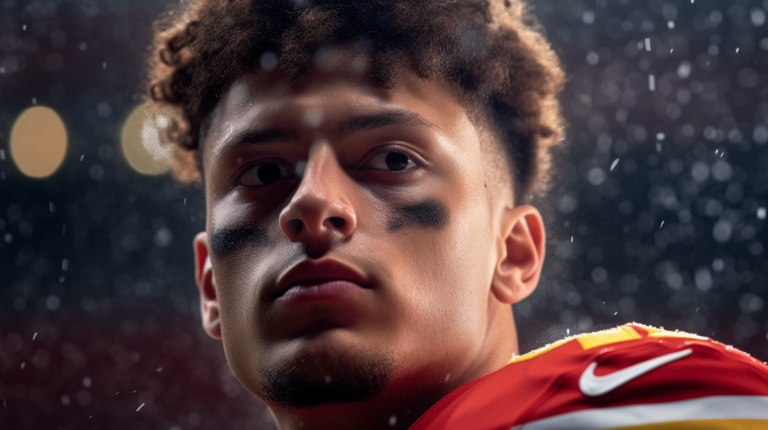
In case you missed it, Nintendo announced a huge shift in policy change on Tuesday by announcing an alliance with mobile firm DeNA in order for DeNA to begin licensing Nintendo’s IPs to utilize in upcoming mobile games. During this announcement, Iwata was careful to iterate that Nintendo will not be releasing full-fledged games on mobile devices and that consumers should expect mobile games in-line with what traditional mobile companies have produced over the past few years.
Now that the world has had a chance to react to the announcement of Nintendo throwing their hat in the mobile ring, Iwata has made a few more statements about some of the criticisms surrounding the direction Nintendo seems to be taking. In perhaps one of the most candid statements about the future of the Wii U, Nintendo 3DS, and its mobile presence, Iwata has acknowledged that the communication about the direction of their home consoles hasn’t been as clear as they’d like to consumers who buy their products.
I have never intended to dismiss the entertainment experiences that people are enjoying on smart devices or any other media. On the other hand, my understanding is that, on smart devices, the main demand is for very accessible games which smart device users can easily start and easily finish. These are not necessarily the characteristics that people demand from games for dedicated video game systems.
We do have doubts [about] continuing to extend our business in the way that we have in the past. We have doubts about whether or not people will continue to see those simple extensions of what we’ve done as new and surprising. If it takes a lot of explanation for people to understand your entertainment product, you’re doing something wrong.
Once again, Iwata is re-iterating that he isn’t dismissive of the style of smartphone game that has become popular in today’s market, but he does mention that the sort of play you do on a smartphone doesn’t jive well with the sort of dedicated experience most gamers are familiar with. That sort of acknowledgement is grand for any nay-sayers who believe Nintendo may be selling out to chase bigger profits. While that’s definitely part of the motivation for finally joining the mobile revolution, it’s also about expanding their audience to be more interested in their core products, like a dedicated gaming console or portable.
Part of that strategy is not by adapting core games that have resided on consoles and home computers for ages, which is what many of Nintendo’s competitors have been doing. If you look at Electronic Arts’ attempt to capture the mobile market with re-makes of old classics like Dungeon Keeper, you see failed attempts at monetization using a franchise that fans are familiar with in the hopes that nostalgia will cause them to part with a few bucks.
Even Square Enix and Capcom have released full versions of old games on mobile systems and while that’s certainly acceptable for some genres, such as JRPGs, it won’t be for the style of game that Nintendo makes. Iwata acknowledges this problem and says the type of mobile game that Nintendo plans to create in partnership with DeNA will be finely tuned to be the best experience you can have on a smart device.
In the digital world, content has the tendency to lose value, especially on smart devices. We finally found solutions to the problem. We will not merely port games developed for our dedicated systems to smart devices just as they are—we will develop brand new software which perfectly matches the play style and control mechanisms of smart devices.
So what about monetization? That’s what has ruined several mobile-remakes of classic games, including EA’s Dungeon Keeper. Iwata says Nintendo will never embrace a monetization scheme that is seen as hurting their brand or intellectual property and given how reluctant Nintendo has been in the past to embrace DLC, I believe him.
Nintendo does not intend to choose payment methods that may hurt Nintendo’s brand image or our intellectual property. It’s even more important for us to consider how we can get as many people around the world as possible to play Nintendo smart device apps, rather than to consider which payment system will earn the most money. We would like to create several hit titles by effectively leveraging the appeal of Nintendo IP.
So while Nintendo’s new approach to mobile may be foreign to some and it may seem like Nintendo is selling out to others, Iwata at least acknowledges that the pitfalls of mobile can be overcome if Nintendo is willing to work with its partners to create a mobile game experience that customers actually want to play.








